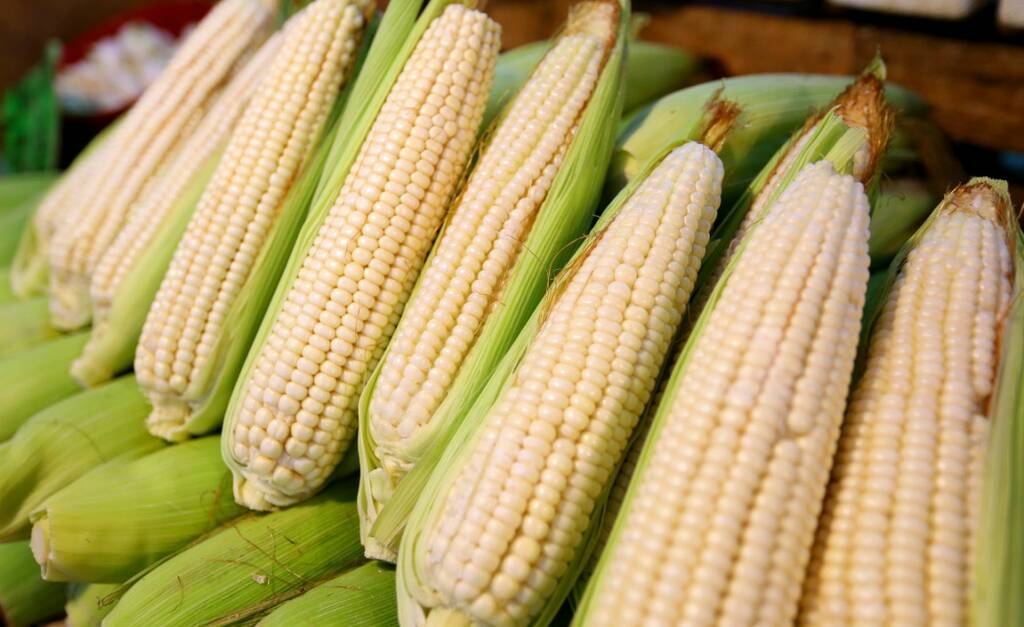Why did Mexico apply a 50% tariff on white corn exports until December 31, 2023?
What follows in the next two paragraphs is Mexico’s response to the United Kingdom government in the framework of the World Trade Organization (WTO):
The objective of this temporary measure is to reduce domestic price speculation of basic food products in Mexico, such as tortillas, which are widely consumed and whose main ingredient is white corn.
Mexico is not a net exporter of this product, and therefore, in accordance with Article 12.2 of the WTO Agreement on Agriculture, the provisions of Article 12.1(a) of the Agreement do not apply.
Information on the measure introduced by Mexico is available here.
Tariff on white corn exports
The question from the United Kingdom was posed as follows: Could Mexico explain what consideration it has given to the possible effects of this measure on the food security of importing Members under Article 12.1(a) of the Agreement on Agriculture?
The temporary export tariff on white corn was extended until the end of 2023. Previously, a presidential decree that set this same 50% tax on Mexican exports of white (flour) corn was in effect from January 16 to June 30, 2023.
United States
The White House Trade Representation (USTR) supported the United Kingdom’s questions at the WTO.
In this regard, the USTR noted that it is well documented that export taxes and restrictions have an exacerbating effect on commodity prices in international markets, and that the effects are felt primarily by the poorest and most needy.
The United Kingdom reiterated the importance of keeping food and agricultural markets open, predictable and transparent, and requested that WTO Members rapidly share relevant information on measures that could disrupt normal agri-food trade.
For its part, the European Union noted that, in the context of food insecurity, export restrictions are particularly problematic and harmful, and urged Mexico to quickly end its measure.
The European Union and Paraguay reminded Mexico of its obligation to notify its export restriction measures.

